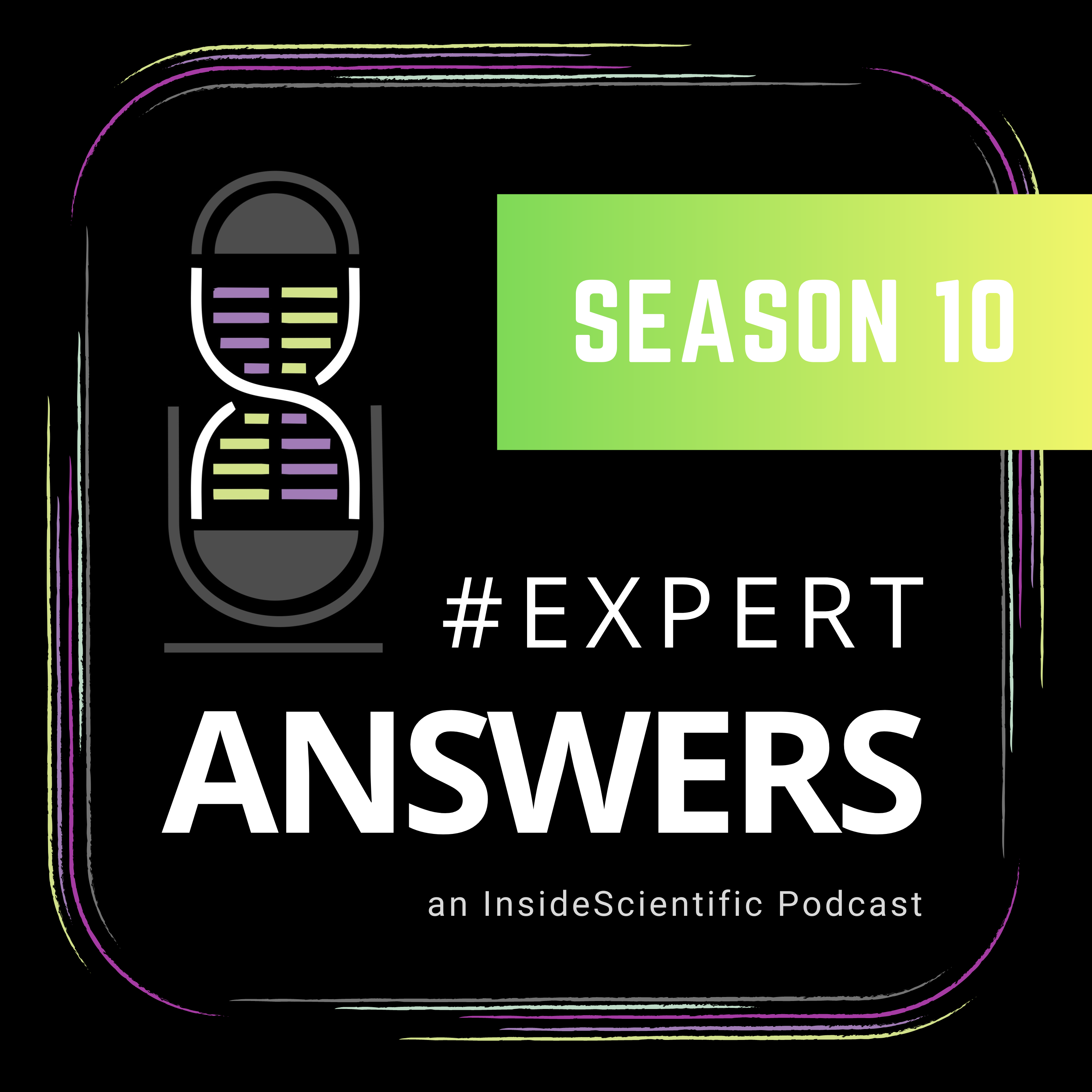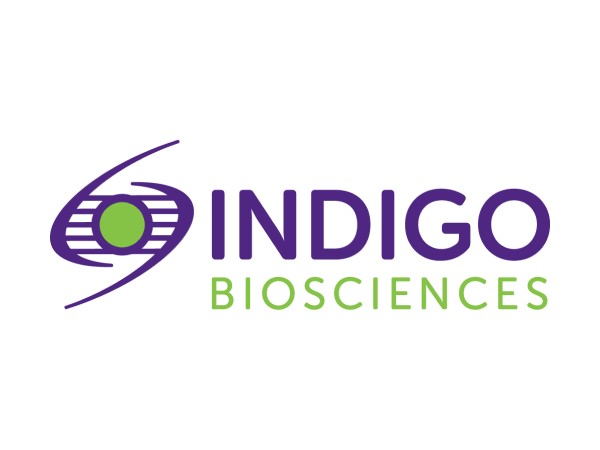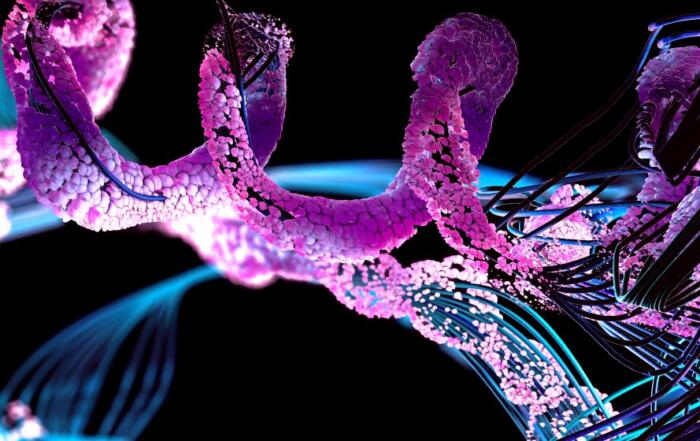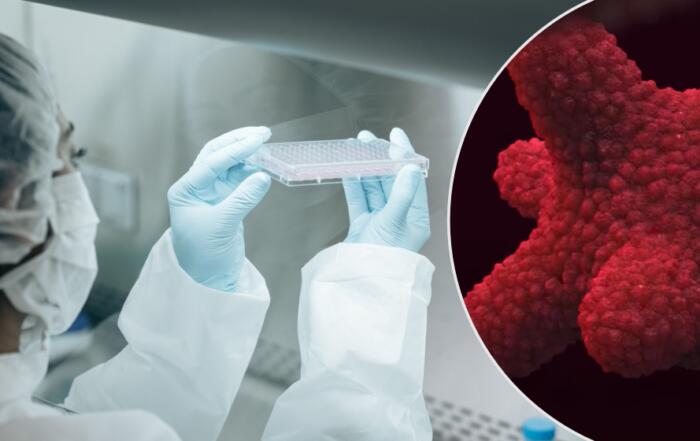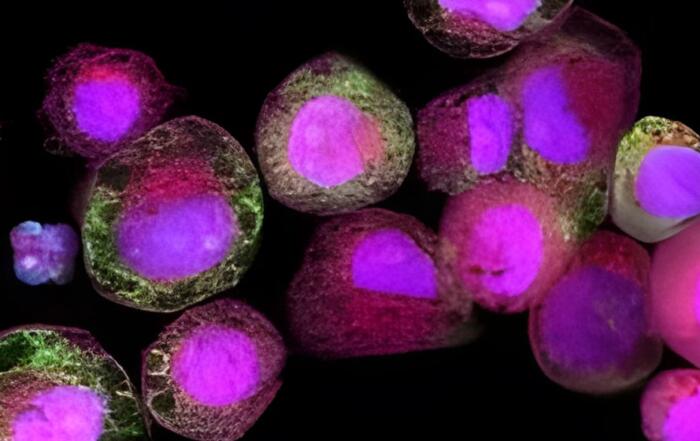In this webinar, Jack Vanden Heuvel, PhD presents effective strategies for early prediction of drug-drug interactions using in vitro assays and gene expression studies.
Drug-drug interactions (DDI) are a cause of many adverse outcomes clinically, costing the health care system over a billion dollars. Thus, there is increasing interest in understanding the risk posed by certain drug candidates early in the discovery process. Fortunately, many aspects of DDI are predictable based on our increasing understanding of the mechanisms of altered absorption, distribution, metabolism, and excretion (ADME) and improved tools for screening for potential liabilities early in the drug-discovery process. These tools include in vitro assays that look at pharmacokinetic interactions through changing the activity of enzymes involved in the clearance of drugs, such as cytochromes P450 (CYPs).
Register for this webinar to learn about the various drug screening and gene expression assays that are available for identifying potential DDI in vitro. We will also discuss crucial CYPs to consider for a gene expression study, and how adding in vitro assays to your workflow to prioritize drug candidates can save time and money lost from pursuing candidates that may fail in animal or clinical trials. Also learn how the data from these in vitro assays can be used for species extrapolation of pharmacokinetic interactions for common laboratory animal models.
Key Topics Include:
- Learn about regulation of drug metabolism enzymes and their role in clinically relevant drug-drug and drug-nutrient interactions.
- Hear about tools available to address specific mechanisms governing pharmacokinetics of drugs with an emphasis on cell-based nuclear receptor assays.
- Understand how these cell-based screening assays can be used to address species differences in the drug response.
Resources
Presenters
Professor
Veterinary and Biomedical Sciences
Penn State University
